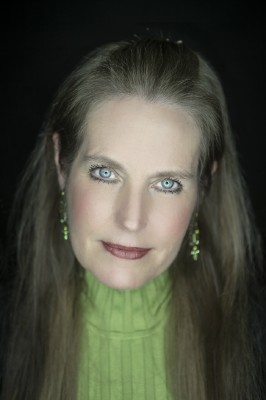Since Michael Jackson's death, there has been a push to use the long arm of the law to ransack pharmacy shelves and pluck out a killer. Law enforcement and the public seem thirsty for the arrest of one or more of Jackson's doctors on charges of homicide, or more specifically manslaughter. A physician can be legally responsible if he is found negligent or reckless in the death of a patient.
Dr. Conrad Murray was present during Jackson's last moments, and if he physically administered a lethal drug, it would, of course, place him directly in the firing line. But what about the dozens of physicians who have written prescriptions for the singer over the years and who are now being tracked down and investigated? The indirect act of prescribing medications can legally expose an MD, but should it? Should the law be changed to shift a greater degree of responsibility to the patient?
Medical paternalism is interference in a person's health by a doctor, the FDA or another "authority" because the "authority" is assumed to know what is best for that person. It is imposed against a patient's will, results in a limitation of autonomy and can spiral into a "you can't handle the truth" philosophy in which pertinent information is withheld from the sick.
Michael Jackson used aliases and "doctor shopped," which means he went from one physician to another until he acquired the medications he desired or needed; and a tremendous amount of evidence suggests he required drugs to function. Debilitating insomnia had plagued him for years, just as it did Elvis Presley and Heath Ledger, both of whom also died from prescription drug overdoses.
Michael Jackson's nurse, Cherilyn Lee, says the singer begged for a powerful sedative, even though he knew it could be deadly, because he was desperate to sleep; and publicist Rob Goldstein says Jackson would dance for eight hours straight in his hotel room hoping it would make him tired. Two months prior to his death, Heath Ledger revealed his agony in getting only two hours of sleep per night; and Elvis Presley's doctor, George Nichopoulos--whose medical license was suspended when the singer died, says Presley got no more than three hours of sleep at a time. Presley was caught in demanding cycle of needing energy at showtime, then seeking sleep so he could feel refreshed the next day. Perhaps medication was the only solution if he wanted to remain an international star rather than an infirm recluse. Jackson had just left a more secluded life to jump into a grueling rehearsal and concert schedule when he overdosed.
It is all too easy for those who are free from pain and from crippling insomnia to mount their moral high horse and preach about willpower and alternative remedies. Most insomniacs have tried everything, still suffer and turn to heavier and heavier medications. Check the Internet blogs and sleep disorder forums; talk of suicide is as routine as brushing ones teeth.
"I've had insomnia for 14 years," one person writes. "What is the value in a life with chronic unrelenting insomnia night after night?" Someone replies, "I am at 13 years, contemplating suicide."
A lawyer comments, "If I get off meds, I can't do my job," and a teacher says, "I'm literally fighting to stay awake as soon as the day begins. I feel like death. I am only 25, and I look like I am 35-40."
(Note: You can view every article as one long page if you sign up as an Advocate Member, or higher).





